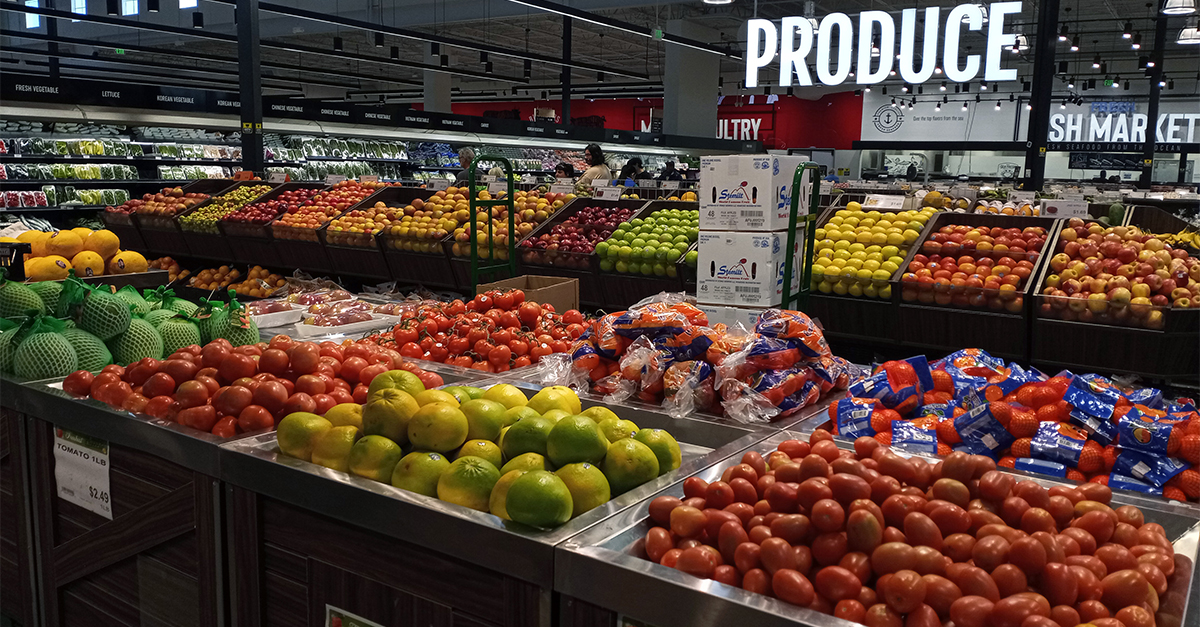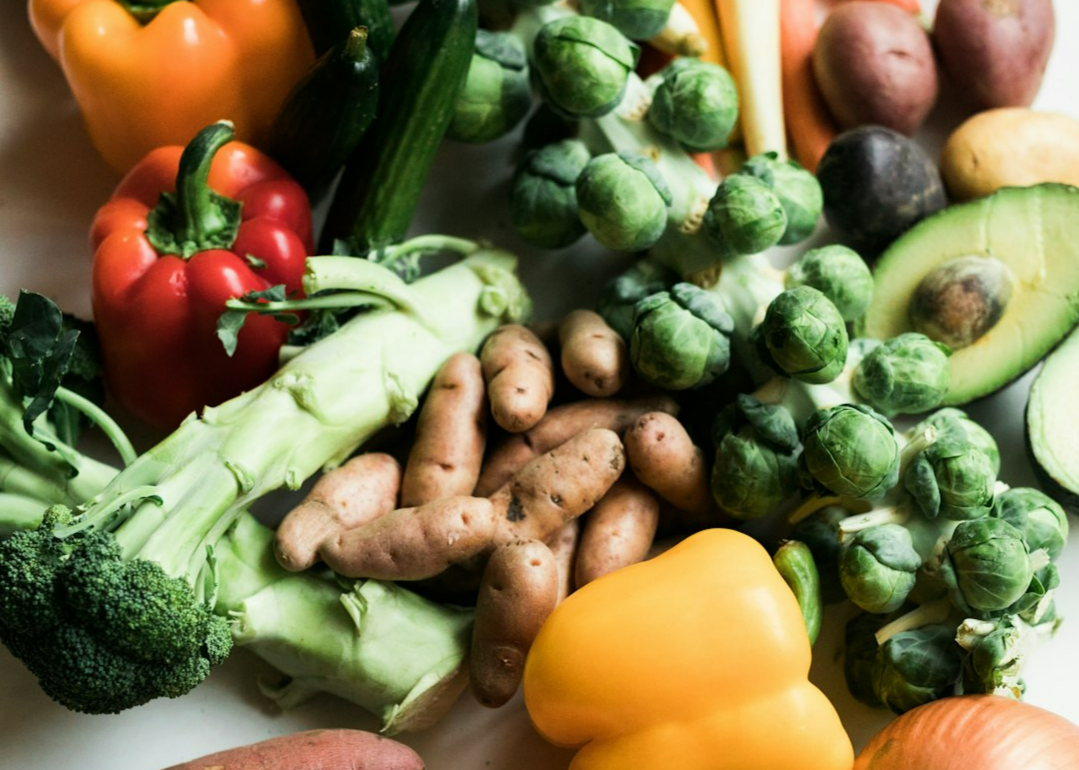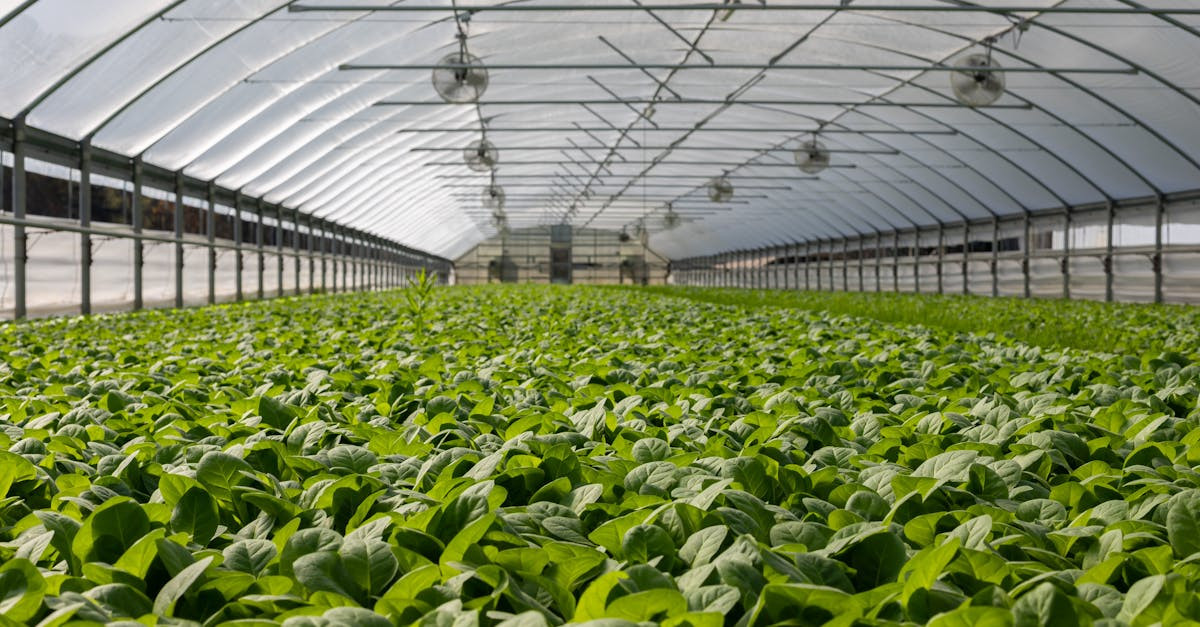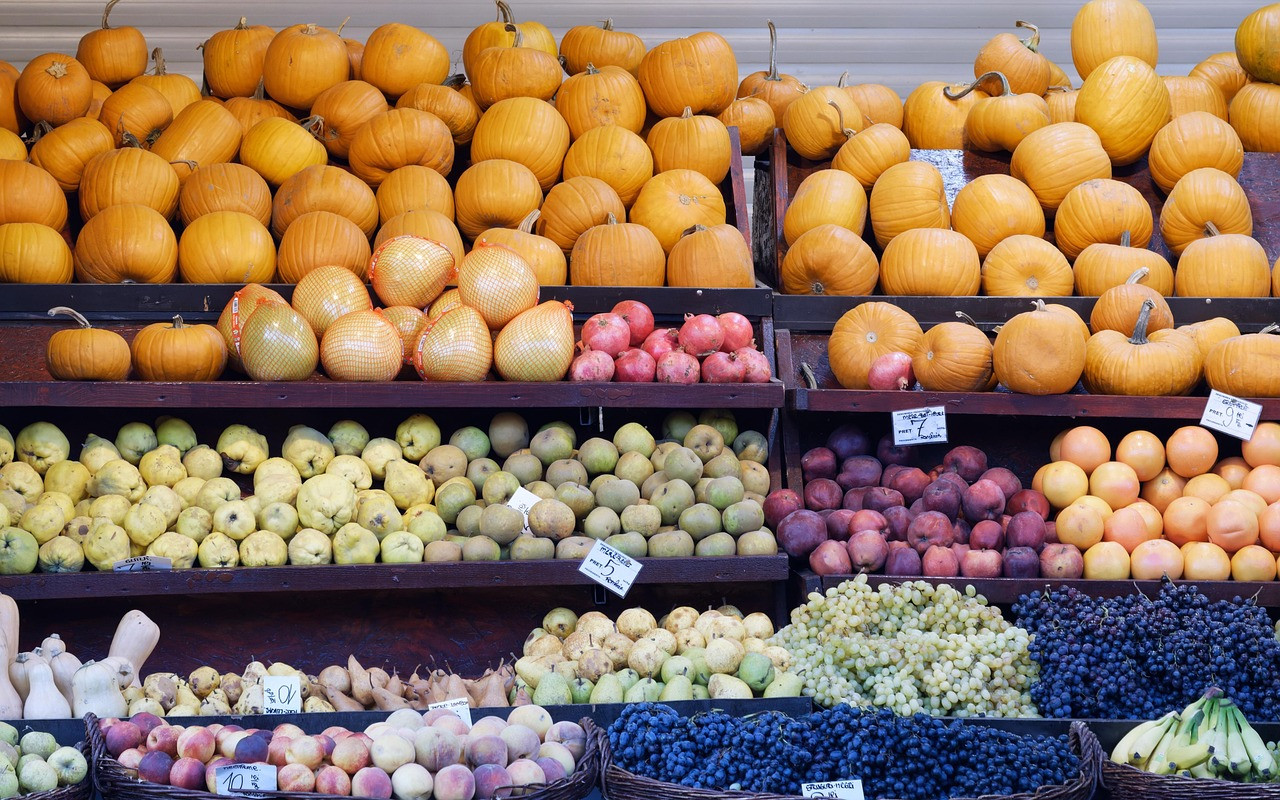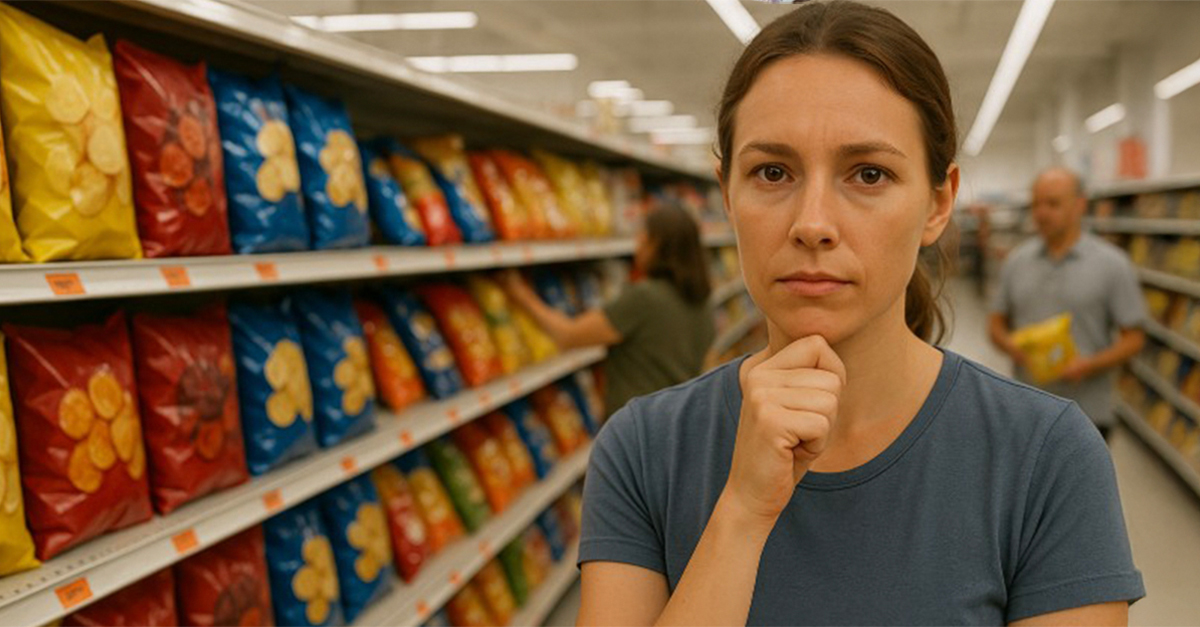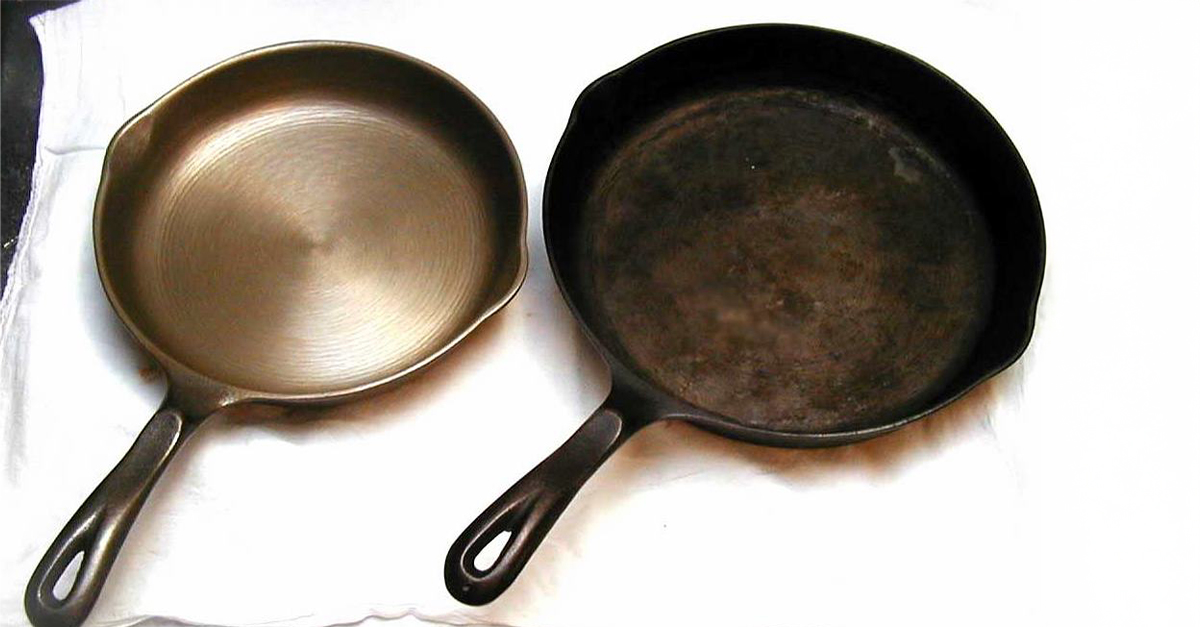Over the past few decades, studies show a decline of vitamins, minerals, and other nutrients in many fruits and vegetables. Produce is an essential part of a healthy diet, but crops today often have fewer nutrients than those grown a generation or two ago. The situation has raised questions and calls for change.
The Reasons Behind Nutrient Loss
The decline of nutrition in fruits and vegetables is mostly linked to modern farming practices. Agriculture has shifted toward higher yields, longer shelf life, and uniform appearance. While this all helps meet demand and cut down on food waste, it often comes at the expense of nutrient density. The soil has also been depleted by intensive farming, reducing the minerals available to growing crops.
What The Research Shows
Several studies have documented the decline in nutrient content. A well-known 2004 study from the University of Texas compared produce grown in 1950 to that grown in 1999. Those findings found big drops in protein, calcium, iron, vitamin C, and other nutrients in a variety of fruits and vegetables. The produce is still good for you, but isn’t as nutrient-rich as it once was.
Government Awareness And Action
The US Department of Agriculture (USDA) and other agencies have sat up and taken notice of soil depletion and nutrient decline. Programs promoting soil conservation, crop rotation, and sustainable farming practices aim to restore soil health and improve the quality of crops. Progress is slow, but at least these are steps in the right direction.
Efforts To Improve Soil And Farming Practices
Farmers and agricultural researchers are exploring regenerative agriculture as a solution. This approach stresses building soil health by cover cropping, reduced tillage, and organic amendments. Healthier soil supports more nutrient-dense crops, benefiting both consumers and the environment. Some farms have put these methods into practice with promising results.
What You Can Do
Consumers play an important part in addressing this issue. Buying locally grown, seasonal produce often ensures fresher, more nutrient-dense food. Supporting farmers' markets, community-supported agriculture programs, and organic farms helps promote sustainable practices. Choosing heirloom varieties of fruits and vegetables, which are less modified for appearance and shelf life, can also give better nutritional value.
The Importance Of A Diverse Diet
To make up for the declining nutrient content in produce, maintain a diverse and balanced diet. Include a wide variety of fruits, vegetables, whole grains, legumes, nuts, and lean proteins and you’ll be more likely to get a broad spectrum of vitamins and minerals. Dietary supplements can help fill in the nutritional gaps, but they should only add to, not replace, a healthy diet.
Read Labels And Go For Quality
Pay attention to food labels and seek out produce labeled as organic or sustainably grown. While organic produce isn’t always higher in nutrients, organic farming more often focuses on soil health and biodiversity. Shopping for quality, not appearance, helps support nutrient-rich food.
A Problem That Won’t Go Away Soon
The decline in nutrition in our produce is rooted in our economic practices. Greater awareness, government initiatives, and consumer action can all help restore soil health and improve our food quality. By supporting sustainable farming and making educated choices, people can still make sure they get the nutrients they need for a healthy life.
You May Also Like:
6 Habits That Are Ruining Your Weight Loss Journey
Foods You Need To Eat To Live Longer—And What To Stay Away From

